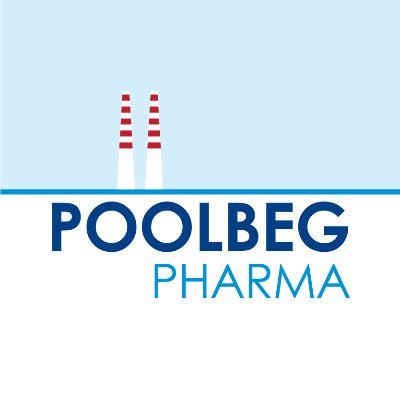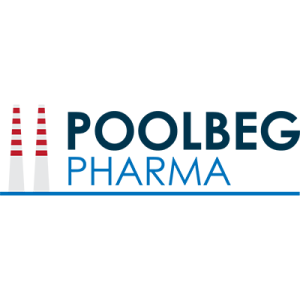Poolbeg Pharma plc (LON:POLB’), a leading infectious disease focused biopharmaceutical company, has announced that, further to its announcement in July 2022, it has now received the initial results having completed the Lipopolysaccharide (LPS) human challenge clinical trial for POLB 001, a viral strain agnostic, small molecule immunomodulator being developed to address the unmet medical need for severe influenza.
Key highlights from the study:
· No further clinical activity is required to complete the objectives of the trial, bringing the recruitment and clinical phase to a close on schedule
· No serious adverse events reported. POLB 001 was found to be safe and well tolerated
· Data analysis has commenced and full data read-out is expected in Q2 2023
· The comprehensive dataset is expected to facilitate progression of the product to the next clinical phase for potential partners
This LPS challenge trial was designed to evaluate the effect of POLB 001 on inflammatory responses in 36 healthy volunteers between 18 and 55 years of age following an intradermal and an intravenous LPS challenge. LPS acts as a surrogate for the hyperinflammatory response associated with severe influenza and other diseases.
POLB 001 is a unique potential treatment for viruses such as severe influenza as it is strain agnostic, unlike other flu treatments and prophylactics. This means that it can be effective regardless of which strain of influenza is dominant in any particular season or geography. As a shelf-stable, oral drug it could also be ideal as a stockpiling candidate for both seasonal outbreaks and pandemic preparedness.
Jeremy Skillington, PhD, CEO of Poolbeg Pharma, said:
“We have completed our first trial on schedule, achieving a key milestone for Poolbeg, thanks to the committed efforts of the team. We are actively planning the next steps for POLB 001 and are engaging with industry on potential partnering opportunities.
“The threat of influenza shouldn’t be underestimated. Cases are on the rise – the WHO estimates that there are 3-5 million severe influenza cases globally per year, with real pandemic potential. Severe influenza can also lead to other major complications such as pneumonia and stroke. There is a significant unmet need for severe influenza treatments, so we eagerly anticipate the full results of this study next year.”
Matthijs Moerland, PhD, Principal Investigator at CHDR, said:
“LPS human challenge trials are a highly reliable way of measuring the efficacy of anti-inflammatory drugs and these initial data are an important first step. We are pleased to be involved in the development of a potential treatment for such an unmet need as severe influenza and we look forward to the vital insights that the full analysis will bring.”


